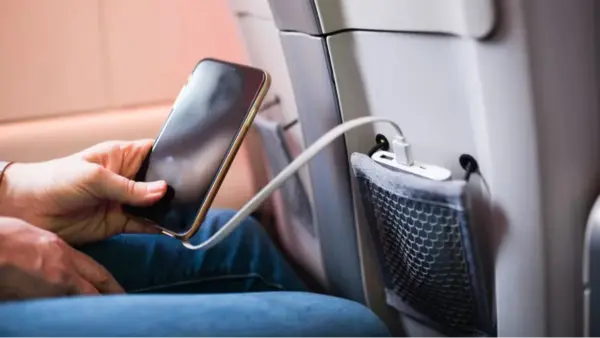US Approves Nvidia AI Chip Sales to UAE Amid Export Curbs
The U.S. government has authorized certain Nvidia AI chip exports to the United Arab Emirates, easing restrictions imposed under Washington’s export control policies. The decision signals a balancing act between U.S. security concerns and the UAE’s growing role in global AI development.
The United States government has approved some Nvidia AI chip exports to the United Arab Emirates (UAE), according to a Bloomberg report. The move marks a cautious easing of U.S. export restrictions on advanced semiconductors and signals ongoing cooperation between Washington and Abu Dhabi in the artificial intelligence sector.
Under the new decision, Nvidia will be permitted to supply select AI-capable chips to UAE-based entities, pending compliance with end-user and end-use monitoring requirements. While the details of the approval remain confidential, the authorization is expected to cover hardware for non-military, commercial AI applications — such as cloud computing, large language models, and data analytics.
The approval comes amid heightened scrutiny of semiconductor exports to the Middle East and Asia, as the U.S. continues to restrict the transfer of the most advanced AI chips to China. Officials described the UAE approval as a “measured step” that balances innovation and security priorities.
A U.S. Commerce Department spokesperson said Washington remains committed to maintaining strict oversight on the use of high-performance chips, ensuring they do not contribute to military or surveillance purposes. “Our export control regime is designed to protect U.S. national security while enabling responsible technological collaboration,” the official said.
For Nvidia, the approval offers access to one of the fastest-growing AI investment markets. The UAE has been rapidly expanding its AI infrastructure through initiatives such as G42’s supercomputing programs, partnerships with Microsoft and OpenAI, and plans for regional AI research hubs.
Industry analysts suggest the decision could open a channel for further technology cooperation between the two countries. “The UAE’s investments in cloud and AI infrastructure align with U.S. commercial interests,” said Ben Lee, a semiconductor policy researcher at Georgetown University. “The U.S. is likely trying to strengthen economic ties while managing the geopolitical implications of AI hardware exports.”
The Bloomberg report added that while some chip models remain restricted, Nvidia’s A800 and H200 chips — designed to meet U.S. export thresholds — may be included in the approval. These models provide high-efficiency AI performance while complying with Washington’s national security limits.
The approval could also ease pressure on Nvidia, which has faced complex export rules that limit shipments to key overseas partners. The company’s global strategy now focuses on customized AI chips for compliant markets like the UAE, Singapore, and Japan.
However, experts warn that Washington will continue monitoring the UAE’s role in international chip redistribution networks. Any misuse or unverified re-export of U.S. hardware could trigger renewed restrictions.
The UAE, for its part, has welcomed the decision. Local technology officials said the move would support national ambitions to become a global AI hub by 2030, promoting innovation, job creation, and digital transformation.
As the global AI race accelerates, this development underscores the delicate balance between geopolitical competition and cross-border collaboration in emerging technologies.
















